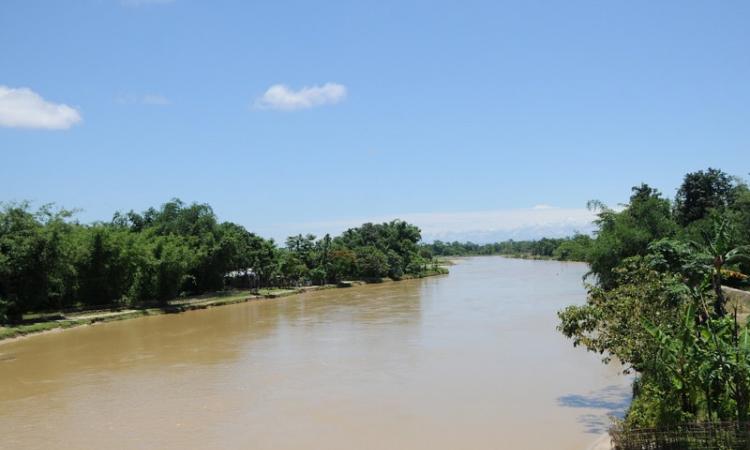
Northeast has 60 polluted river stretches: CPCB
According to the latest State of India’s Environment report, there are 60 polluted river stretches based on biochemical oxygen demand in different northeastern states.
The polluted river stretches in the northeastern states are Bharalu, Basistha, Kolong, Boko and Kopili in Assam; Wahumkhrah, Umshyrpi, Waikhyrwi, Rawaka, Kmai-um, Um-Mynkseh, Umpai, Mynkseh and Sarbang in Meghalaya; Nambul and Kongba in Manipur; Chite in Mizoram; Dhansiri in Nagaland and Gumti in Tripura.
The major causes of pollution identified for these stretches, which are mostly located near towns and cities, are discharge of industrial and mining effluents and dumping of waste. (Hindustan Times)
Phase II of Swachh Bharat Mission approved
The cabinet has given its approval to the second phase of the Swachh Bharat Mission with an estimated central and state budget of Rs 52,497 crore. The second phase will be implemented on a mission mode between 2020-21 and 2024-25 and will focus on Open Defecation Free Plus (ODF Plus), which includes ODF sustainability and solid and liquid waste management (SLWM). Further, the ODF Plus programme will converge with MGNREGA, especially for grey water management and will complement the newly launched Jal Jeevan Mission. (India Today)
72 lakh hectares of farmland hit by floods and drought in 2019-20: Centre
As per the report of Inter-Ministerial Central Teams (IMCTs) constituted by the Centre, it has been informed that about 63.99 lakh hectares of farmland has been affected by floods in 15 states, while 7.91 lakh hectares of agricultural land has been hit by drought in two states so far in the ongoing 2019-20 crop year (July-June). The states affected by floods are Assam, Bihar, Chhattisgarh, Gujarat, Karnataka, Kerala, Madhya Pradesh, Maharashtra, Odisha, Punjab, Rajasthan, Tripura, Uttar Pradesh, Uttarakhand and West Bengal while Rajasthan and Manipur have been hit by drought. Extreme weather events in the recent past are the reason behind the crisis. (The Hindu)
Delay in execution of irrigation projects costs Rs 1,603 crore to Karnataka: CAG
According to a report by the Comptroller and Auditor General (CAG) of India, delays ranging from two to 18 years in launching and completing key irrigation projects in Karnataka has not only put an additional burden of Rs 1,603.09 crore on the state exchequer, but also led to a water crisis in drought-prone districts in the state. The report further noted that the envisaged field irrigation channels (FIC) were also not completed in any of the six tested-checked projects even two to 18 years after their original scheduled dates of completion. Lack of planning and execution of the works in sync with the irrigation potential already created has been attributed as the reason for the delays. (Livemint)
Environmentalists seeks course correction for Bellandur-Varthur lake rejuvenation
The NGO Bangalore Environment Trust (BET) has written an open letter to the Karnataka Government requesting course correction for the ongoing efforts for rejuvenation of Bellandur and Varthur lakes. The letter urges the government to pause the current activities, carry out an EIA (Environmental Impact Assessment), develop a multi-disciplinary comprehensive action plan for the lake ecosystem. Moreover, the expert committee pointed out that it would take 53 years to remove the toxic silt-cum-slush in Bellandur lakebed, and 20 years for Varthur lakebed. Along with this, the committee further stated that the diversion route of toxic waste would affect several water bodies downstream of Bellandur lake and the residents in the vicinity. (Citizen Matters)
This is a roundup of important news published between February 8 - 20, 2020. Also read policy matters this week.